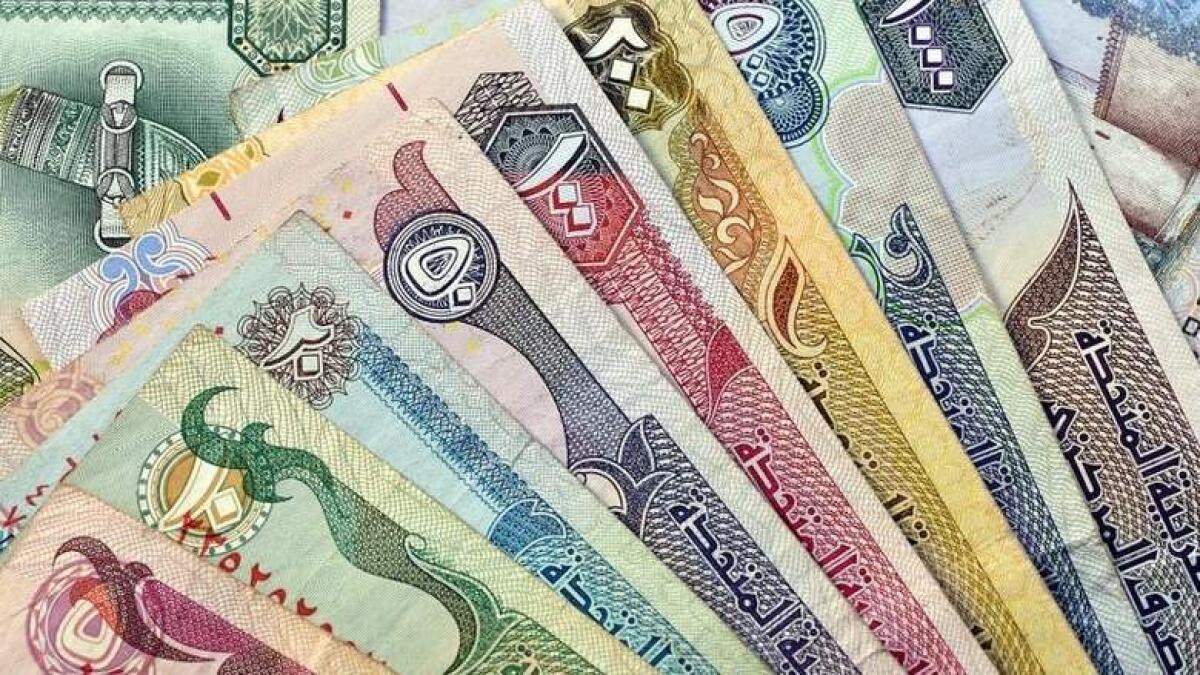Only a fraction of the foreign community saves enough for their retirement, if at all.
Published: Fri 5 Jul 2019, 10:11 PM
Last updated: Sat 6 Jul 2019, 12:16 AM
End-of-service gratuity has always been a hot topic in the UAE, either due to the changes in regulations or because of various awareness campaigns addressed to the country's population. Only a fraction of the foreign community saves enough for their retirement, if at all.
The existing system of controls is rather outdated, exposing employees to a risk of being unpaid or only partially paid for what is due to them by employers. On the other hand, employers are unable to have clear financial plans as they learn about the amounts they owe to their workers only at the time of terminating the employment.
Also read: Pension fund for expats: Why it's necessary
In a move to strengthen the rights of employees - particularly in case of unpaid wages - the Ministry of Human Resources and Emiratisation, in October 2018, amended its regulations by replacing a bank guarantee with an insurance scheme, where a relatively low insurance premium provides coverage in lieu of unsettled financial dues, including end-of-service gratuity payment.
A similar initiative, referred to as Workforce Protection Programme, is set to be implemented by the Jebel Ali Free Zone (Jafza) in the coming months, allowing companies to retrieve high amounts of bank guarantees and invest them elsewhere in the business.
The replacement of bank guarantee with insurance scheme indicates that amendments of the regulations are necessary, and are yet to be expanded into pensions and retirement fields.
With the recent introduction of its new employment law, set to come into effect at the end of August, the Dubai International Financial Centre (DIFC) is in the forefront of these changes. The DIFC is working on developing a savings fund called DIFC Employee Workplace Savings (DEWS), which will eventually eliminate the current end-of-service gratuity system by offering the beneficiaries a portfolio of global funds to invest their money in.
The word 'invest' is key here, as workers will be able to allow their money to grow, instead of sitting idle on a bank account.
It is expected that employers will contribute a percentage of the monthly salary to DEWS, while the employees will have the ability to top up to their portfolio.
The shared liability for the programme will take some of the existing pressure from employers and will allow workers to save more money for their retirement.
For the full details of the programme and its effects, we, however, must wait until its implementation in the coming months. Depending on how successful the programme becomes in the DIFC, other jurisdictions in the country may introduce similar schemes.
- Marcin Kubarek is a Manager for knowledge and content, Fragomen, an international immigration firm.












